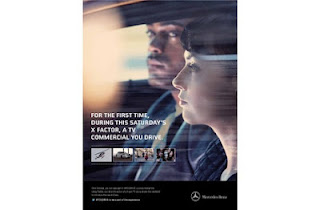About Gravity Thinking
Creating emotional connections between consumers and brands in digital and social.
Popular Posts
Labels
- Audi (1)
- advertising (5)
- aggregation (1)
- alltop (2)
- andrew roberts (17)
- apple (2)
- asics (1)
- balloons (1)
- bbc.co.uk (1)
- photography (1)




















